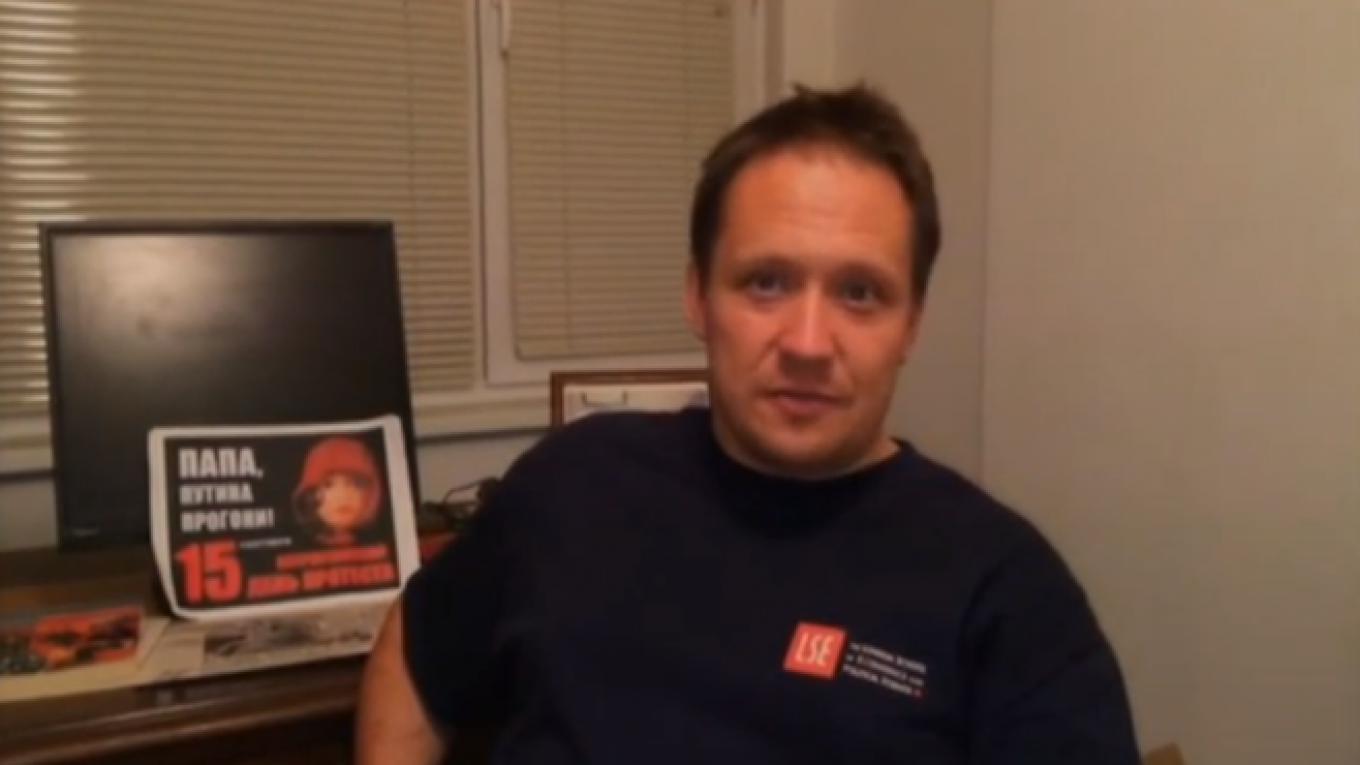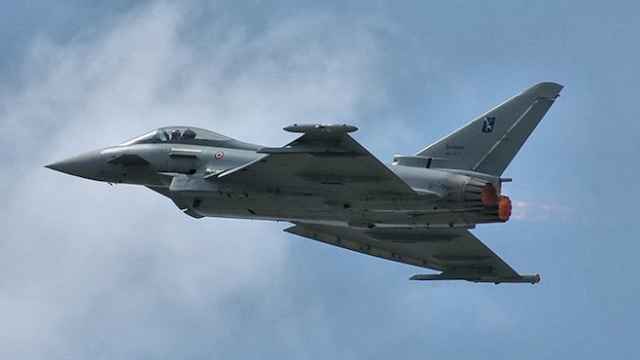A Bulgarian court on Tuesday declined to extradite a prominent opponent of Russian President Vladimir Putin and a prosecutor said the civil liberties activist being sought by Moscow might be persecuted there.
Sofia City Court, which had asked for additional information from Moscow, said it had rejected Russia's request to extradite Nikolai Koblyakov because it was still not clear why he was wanted, a court spokeswoman said.
Bulgaria historically has had strong ties to Moscow. But it now says it is a reliable European Union and NATO member and has gone along with EU sanctions imposed against Russia over the conflict with Ukraine.
In an unusual twist, the Bulgarian prosecutor meant to advocate the request for extradition said he could not pursue it because Koblyakov was involved in political activities against President Putin and his right to a fair trial might not be guaranteed in Russia.
Moscow has said the request is related to suspicion of fraud dating back to 2004 and 2005. Koblyakov has denied the charges and says he fears political persecution by Russian authorities. He has asked for political asylum in Bulgaria.
The court distanced itself from the prosecutor's statements and said in its decision that it "firmly differentiates itself from political speech, which in absolutely unacceptable in a criminal trial."
The court decision can be appealed but, given that the prosecution request was withdrawn, this is very unlikely.
Koblyakov, 44, is a dual Russian and French citizen who founded the French nongovernmental organization Russie-Libertes, which has staged anti-Putin protests in France.
Criticism of Russia's campaign against dissent has grown as Moscow clamps down on activists, journalists and Internet users.
Koblyakov's detention has sparked protests in Sofia and Paris, where human rights activists had urged the Bulgarian authorities to reject the extradition request.
Relations between Moscow and Sofia have been strained of late. Earlier this month Russia's deputy prime minister accused Bulgaria of betrayal over a mooted plan to replace Soviet-era warplanes with Western ones.
A Message from The Moscow Times:
Dear readers,
We are facing unprecedented challenges. Russia's Prosecutor General's Office has designated The Moscow Times as an "undesirable" organization, criminalizing our work and putting our staff at risk of prosecution. This follows our earlier unjust labeling as a "foreign agent."
These actions are direct attempts to silence independent journalism in Russia. The authorities claim our work "discredits the decisions of the Russian leadership." We see things differently: we strive to provide accurate, unbiased reporting on Russia.
We, the journalists of The Moscow Times, refuse to be silenced. But to continue our work, we need your help.
Your support, no matter how small, makes a world of difference. If you can, please support us monthly starting from just $2. It's quick to set up, and every contribution makes a significant impact.
By supporting The Moscow Times, you're defending open, independent journalism in the face of repression. Thank you for standing with us.
Remind me later.






